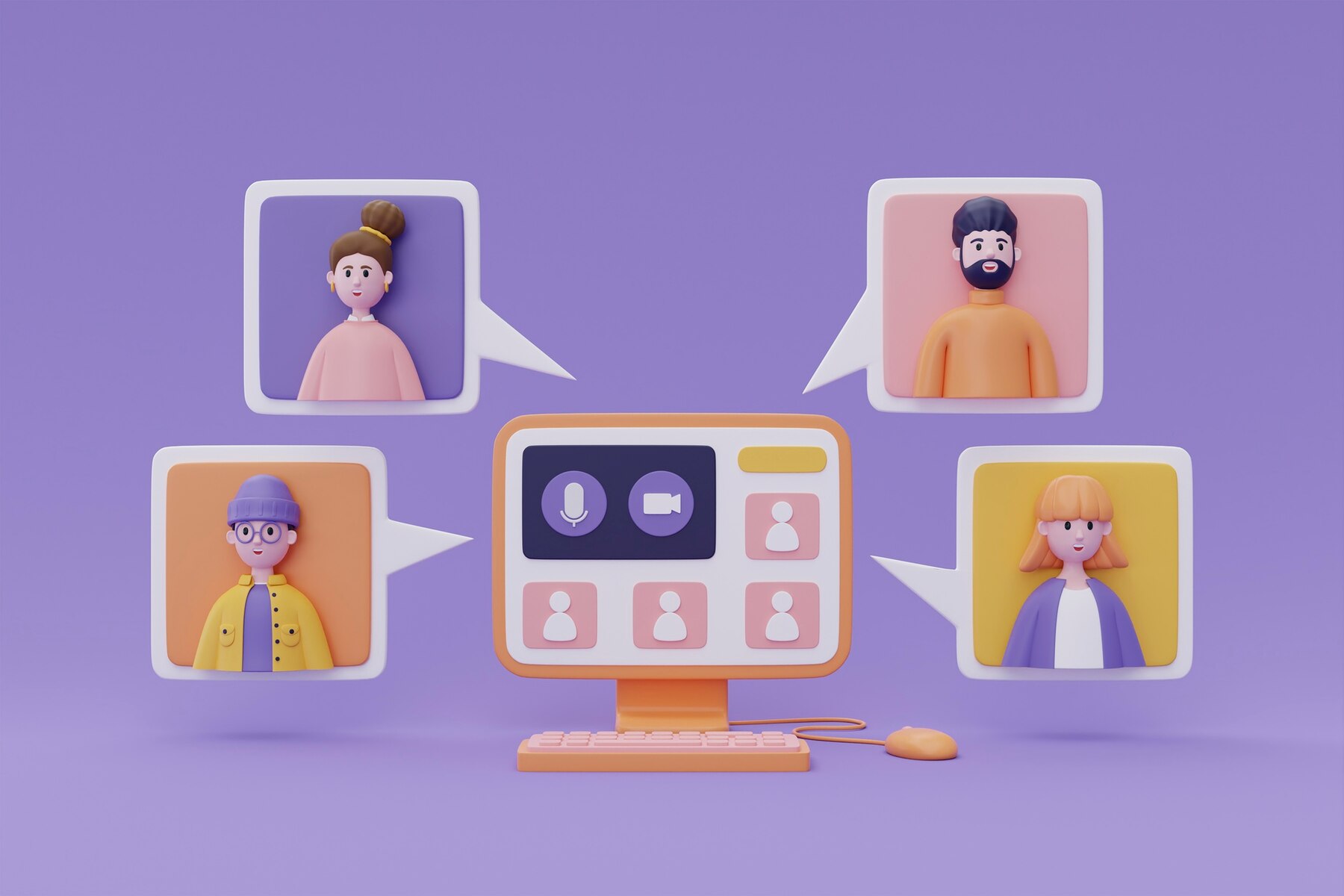The Future of Remote Learning: Trends to Watch in 2025
As we move further into the digital age, remote learning continues to evolve. In 2025, we expect technology to play an even more prominent role, with virtual classrooms becoming more immersive and interactive. Artificial Intelligence and Virtual Reality are predicted to revolutionize the way we learn, offering personalized learning experiences that adapt to individual needs. Students will be able to engage with content in more hands-on and practical ways, bridging the gap between theory and real-world application.
Moreover, remote learning will continue to break geographical barriers, providing access to education for people around the world, regardless of location. This democratization of knowledge means that anyone with an internet connection can learn and grow. Expect more schools and organizations to offer hybrid learning models, combining online education with in-person activities to ensure maximum flexibility and inclusivity.
However, there are still challenges to overcome. Educational institutions must focus on improving digital literacy, providing reliable internet access, and ensuring the digital divide does not exclude marginalized groups. As technology improves, the future of remote learning looks brighter, offering a more accessible, flexible, and engaging way for students of all ages to learn.

How to Stay Motivated While Learning Online
Staying motivated during online learning can be challenging, especially when studying from home. Without the structure of a classroom environment, it’s easy to become distracted or lose focus. However, there are strategies you can implement to stay on track. One of the most effective is setting clear, achievable goals for each study session. Whether it’s finishing a specific module or mastering a particular concept, breaking down larger tasks into smaller, manageable chunks can help maintain motivation and momentum.
Another key to staying motivated is creating a dedicated study space. This means finding a quiet, comfortable spot that is free from distractions. It’s important to make this space feel like a productive environment, so avoid using it for activities unrelated to learning. Establishing a routine is also crucial. Set aside specific times for studying, and stick to a schedule to create a sense of consistency and discipline.
Finally, reward yourself when you hit milestones. Whether it’s a break, a treat, or simply recognizing your progress, positive reinforcement can keep you motivated. Remember, learning is a journey, and maintaining your motivation is key to reaching your long-term educational goals.

The Importance of Lifelong Learning in Today’s Job Market
In today’s fast-paced job market, the need for continuous learning has never been more important. As industries evolve and new technologies emerge, staying up-to-date with relevant skills can set you apart from the competition. Lifelong learning ensures that you remain adaptable and capable of taking on new challenges. Whether you’re looking to advance in your current role, transition into a new field, or start your own business, acquiring new knowledge is essential to keeping your career on track.
One of the biggest benefits of lifelong learning is the ability to future-proof your career. With automation and artificial intelligence changing the workforce, certain jobs are becoming obsolete while others are on the rise. By regularly upgrading your skills, you can ensure that you’re prepared for whatever changes come your way. Online courses, workshops, and certifications make it easier than ever to acquire new skills without having to go back to school full-time.
Moreover, lifelong learning can lead to personal growth and fulfillment. It allows you to explore new areas of interest, broaden your perspective, and become more confident in your abilities. Embracing continuous education is not just about staying competitive—it’s also about enjoying the process of learning and growing throughout your life.

How to Make the Most Out of Online Courses
Online learning offers a flexible and convenient way to acquire new skills, but it requires a different approach compared to traditional classroom settings. To get the most out of online courses, it’s essential to adopt a proactive mindset. One of the first steps is to engage with the course material before each lesson. This means reading through any pre-course material, watching introductory videos, and preparing questions in advance.
During the course, don’t just passively consume the content—actively participate. Take notes, ask questions, and engage in discussions with fellow students. Many online courses offer forums or group activities, which are great opportunities to share insights and learn from others. Additionally, applying what you learn as you go can help reinforce new knowledge. For example, if you’re taking a course on digital marketing, try implementing the strategies you learn on your own website or social media accounts.
Lastly, stay organized. Keep track of deadlines, assignments, and exams, and make a schedule that works for you. With the flexibility of online learning, it’s easy to let things slip, but staying on top of your tasks will ensure that you don’t fall behind. By staying engaged and organized, you can maximize your learning experience and achieve your goals.


